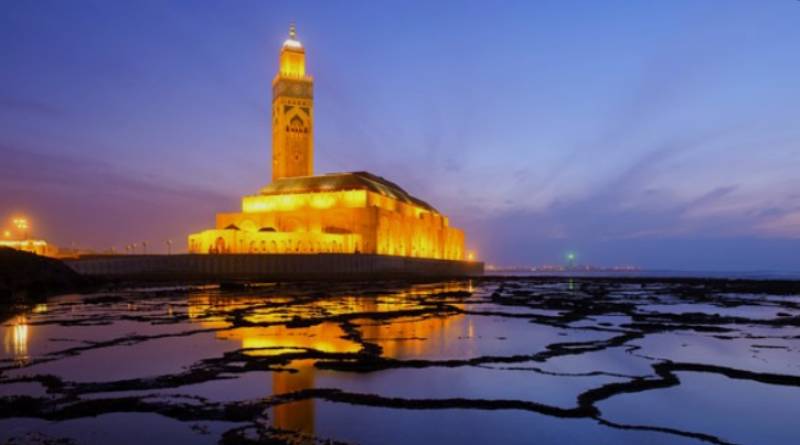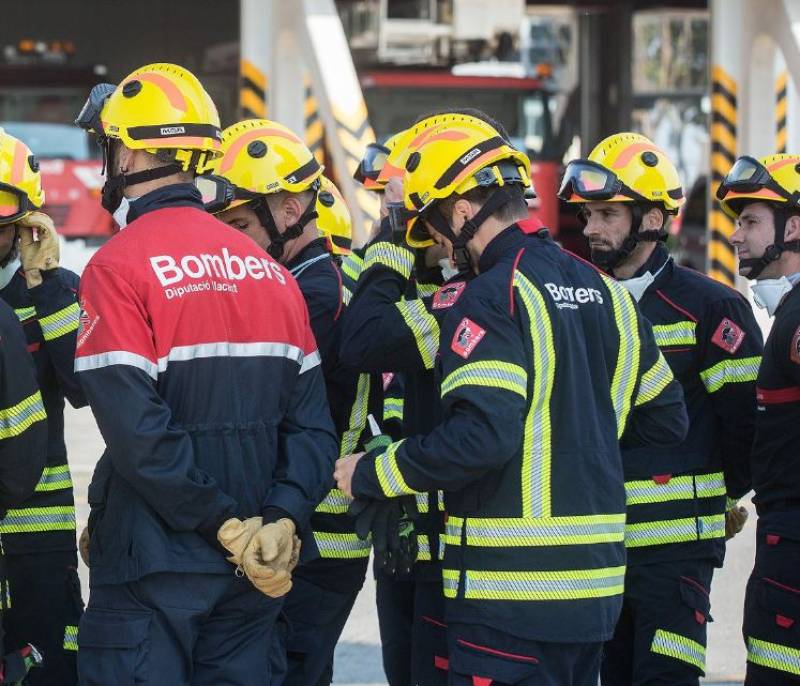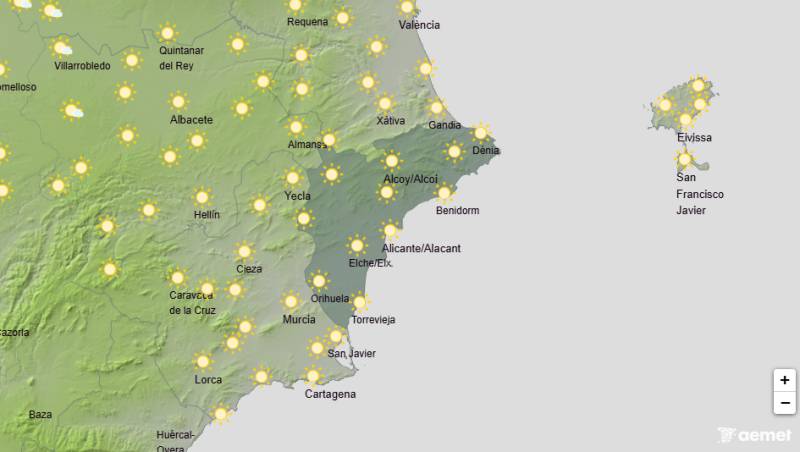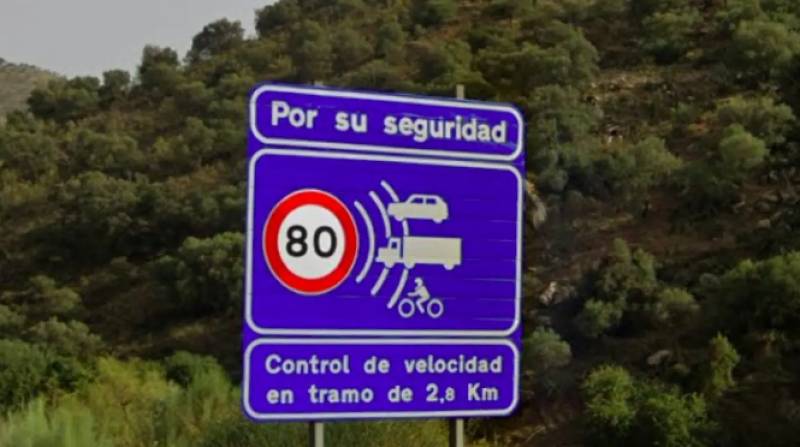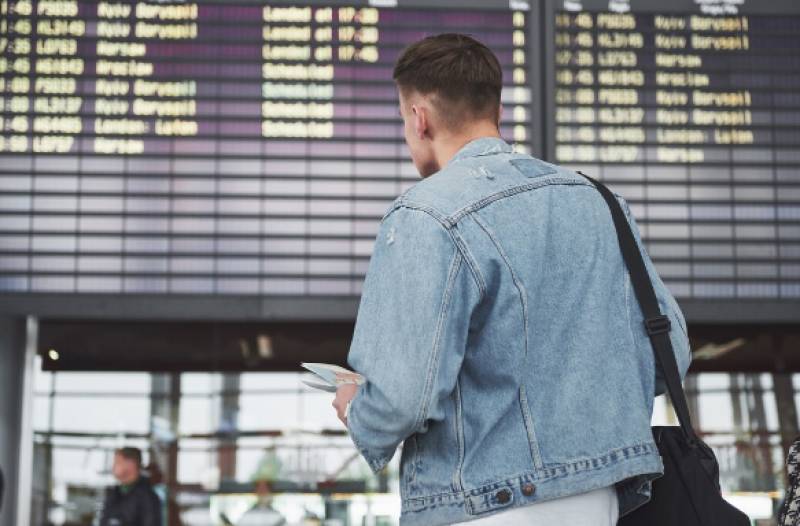

Guidelines for submitting articles to Roda Golf Resort Today
Hello, and thank you for choosing La Torre Today.com to publicise your organisation’s info or event.
Roda Golf Resort Today is a website set up by Murcia Today specifically for residents of the urbanisation in Southwest Murcia, providing news and information on what’s happening in the local area, which is the largest English-speaking expat area in the Region of Murcia.
When submitting text to be included on Roda Golf Resort Today, please abide by the following guidelines so we can upload your article as swiftly as possible:
Send an email to editor@spaintodayonline.com or contact@murciatoday.com
Attach the information in a Word Document or Google Doc
Include all relevant points, including:
Who is the organisation running the event?
Where is it happening?
When?
How much does it cost?
Is it necessary to book beforehand, or can people just show up on the day?
…but try not to exceed 300 words
Also attach a photo to illustrate your article, no more than 100kb

Orihuela palaces: Palacio de Rubalcava
Palacio de los Marqueses de Rubalcaba
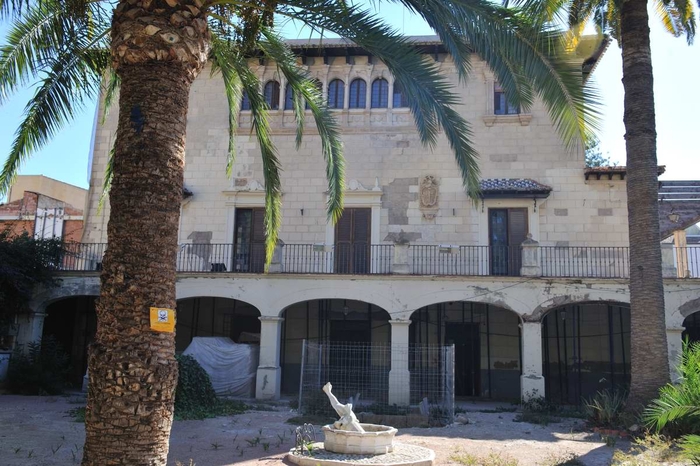 Orihuela has a rich heritage of magnificent palaces and religious architecture, amongst them the Palacio de Rubalcava, which is next to the church of Santiago.
Orihuela has a rich heritage of magnificent palaces and religious architecture, amongst them the Palacio de Rubalcava, which is next to the church of Santiago.
The Palacio de los Marqueses de Rubalcaba was formerly one of the properties used by the Sagredo Bassieres y Heredia family, the Marqueses de Rubalcava and was built in the 1930’s, on a plot of land opposite the Iglesia de Santiago on land which formerly housed the Casa Abacial of the church.
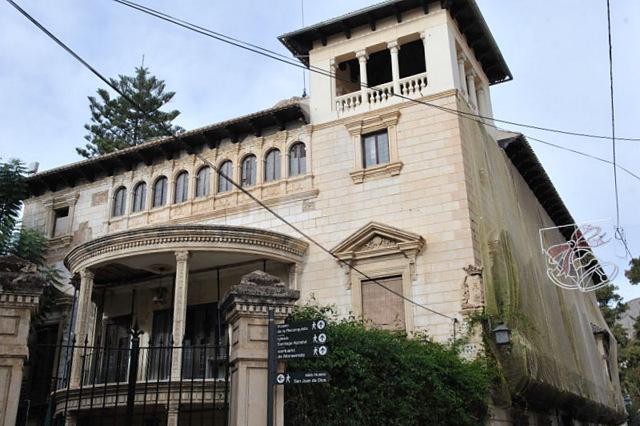 The palace was built imitating the style of older Baroque palaces, in keeping with its setting, but incorporates an eclectic mixture of elements from different eras and countries, to create a grand and sumptuous palace, with neo-baroque dome in a hallway laid with Valencian tiles, a neo-Gothic chapel, a rococo ballroom, an empire style green room, the original furnishings also reflecting a fusion of tastes, combining modernity with a clear sense of history.
The palace was built imitating the style of older Baroque palaces, in keeping with its setting, but incorporates an eclectic mixture of elements from different eras and countries, to create a grand and sumptuous palace, with neo-baroque dome in a hallway laid with Valencian tiles, a neo-Gothic chapel, a rococo ballroom, an empire style green room, the original furnishings also reflecting a fusion of tastes, combining modernity with a clear sense of history.
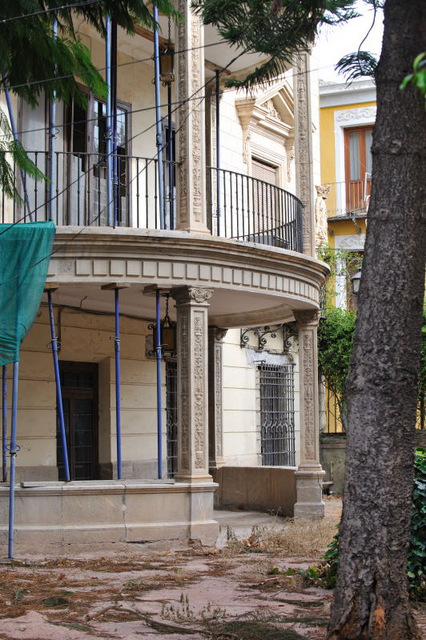 Externally the property is surrounded by mature gardens, and a wrought iron fence, palm trees and bougainvillea plants giving an exotic Mediterranean feel to the palace.
Externally the property is surrounded by mature gardens, and a wrought iron fence, palm trees and bougainvillea plants giving an exotic Mediterranean feel to the palace.
The palace is on three floors, the ground level occupied by garages and stables, the middle level with the function rooms and main living areas, as well as the kitchen and the third floor by bedrooms.
The building was acquired by Orihuela council in 1981 to be used as a major focal point for cultural activities in the municipality. It served for a while as the tourist office and the archaeological museum, as well as part of the original accommodation being open for public visits, but was closed as a public building and is currently in a state of disrepair.
750,000 euros was earmarked for the restoration back in 2011, but as of the end of 2013 no work has started and the building continues to decay, so is currently closed to the public.
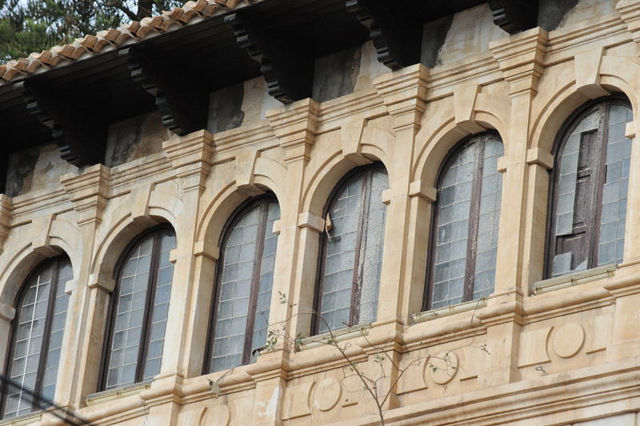 The palace is included in the catalogue of the special plan for preserving the historic patrimony of the old quarter in Orihuela, the Plan Especial de Protección del Casco Histórico de Orihuela and is classified as being of protected status.
The palace is included in the catalogue of the special plan for preserving the historic patrimony of the old quarter in Orihuela, the Plan Especial de Protección del Casco Histórico de Orihuela and is classified as being of protected status.
Address: Calle Francisco Die
Click for map, Calle Francisco Die
Images: Copyright Valencia Today. Full or partial reproduction prohibited.















